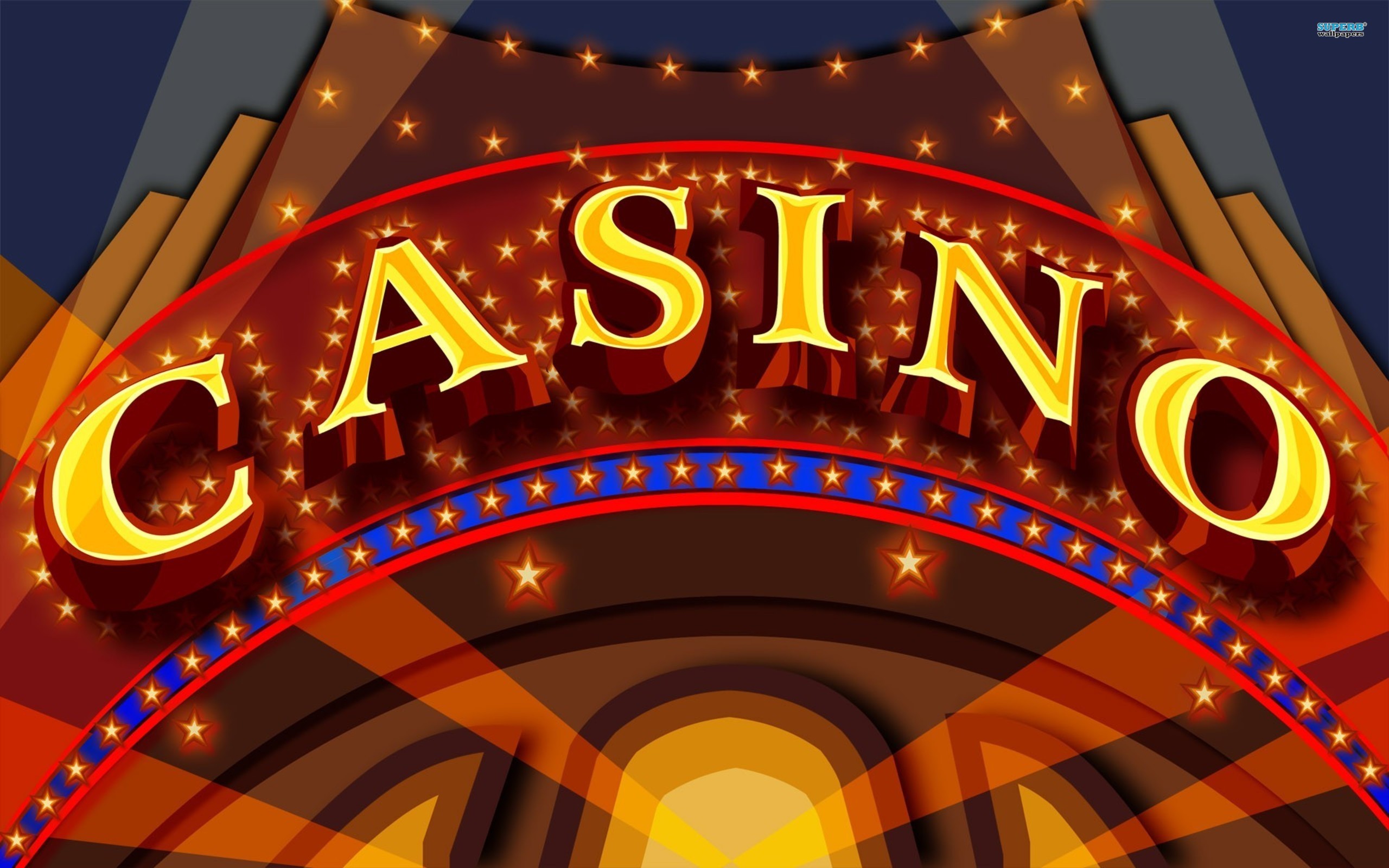
Betting has been an important part of human entertainment for thousands of years, evolving through cultures and eras to become the vibrant casino activities we know today. From the historical Chinese and Romans, who engaged in various forms of betting and luck, to the advanced gaming floors of contemporary casinos, the appeal of gamble and reward has captivated individuals across the globe. The shift from simple dice games and rudimentary betting setups to the extravagant settings of modern casinos reflects considerable strides in both cultural standards and technological.
As societies evolved, so too did the complexity of gambling activities, with gambling activities emerging as a separate category of entertainment and thrills. These activities have changed from informal gatherings centered around wooden tables to grand, lavish establishments designed to entice players. Today, we investigate this intriguing journey, studying how historical practices laid the groundwork for the diverse and exciting casino activities that bring pleasure to countless people worldwide.
spintax
Early Betting Traditions
Betting has profound roots in human history, with proof of activities of chance dating back to ancient civilizations. Archaeologists have discovered that as far back as 3000 BC, the Chinese were using basic forms of gambling with dice made from ivory. Similarly, ancient Mesopotamians engaged in gambling activities, often relying on the casting of lots or dice to determine winners. These early forms of gambling served not only as amusement but also played crucial roles in social and cultural practices.
The Egyptians also took part in betting activities, with games that included betting on the outcomes of various events, including athletic events and religious festivals. Items such as dice and depictions of gamblers from ancient tombs show that betting was a common pastime. It provided both relaxation and a means of engaging in social interaction, often linked to celebratory occasions or important gatherings. This behavior showed the universal appeal of chance and rivalry throughout history.
In ancient Rome, wagering became a widespread practice among the people, as evidenced by references in texts and the establishment of guidelines around certain activities. Romans enjoyed a variety of betting activities, from betting on horse races to playing games akin to modern-day board games. The legal framework surrounding these activities began to take shape, establishing the foundations for gambling regulations that would develop in the centuries to come. The fame of betting during this period set the stage for the development of casino games in the future.
The Progression of Casino Games
Casino games have undergone notable transformations from their origins to the modern-day entertainment offerings. In early civilizations, gaming was commonly associated to ceremonial practices, with dice games found in the ancient Mesopotamian region and betting on the outcomes of events in classical Rome. These primitive forms of gambling laid the basis for the structured games we see today. The transition from informal gambling to regulated games took place as societies began creating rules and venues for wagering, reflecting cultural values and practices.
The Middle Ages saw the development of card games, which gained recognition among European nobility. Games like first and baccarat became essential components in social gatherings. The creation of printing technology further enabled the spread of playing cards, making them more available to the common people. As gambling houses began to proliferate, these card games evolved into different forms that catered to wider audiences, eventually leading to the founding of casinos as dedicated venues for gaming. mmoo
The 20th century marked a pivotal point in the progression of casino games, with the ascendancy of commercial casinos in Vegas and other gambling hotspots. This era brought forth games like slot machines and modern versions of table games, complete with sophisticated graphics and complex betting structures. The arrival of online casinos in the late 1990s additionally changed the gaming industry, allowing players to access a wide range of casino games from the safety of their homes. Today, gambling games persist to evolve, blending classic elements with cutting-edge technology to create immersive experiences for players around the globe.
Modern Gaming Regulations
In these years, the landscape of gambling regulations has developed substantially, notably as tech advances and online gambling have become ever prevalent. Regulatory bodies around the globe have implemented various regulations and guidelines to ensure that gambling activities are carried out fairly, responsibly, and clearly. These laws often include aspects such as licensing, advertising, player protection, and sensible gaming measures. Authorities aim to mitigate issues such as problem gambling and fraudulent activities while fostering a fair gaming environment.
The growth of internet gambling sites has required a fresh approach to oversight. Many legal areas have created specific internet-based gaming structures that serve online gaming, allowing operators to provide their services legally. These structures often require operators to get permits, adhere to strict security protocols, and offer customer support options to assist players. By vigilantly monitoring internet activities, regulators can more effectively protect players from potential harm and make sure that gambling is carried out in a safe manner.
Additionally, modern gaming laws are progressively centering around sensible gaming initiatives. Many gaming establishments and online sites now implement features such as self-exclusion, financial limits, and breaks to help players manage their gambling habits. Awareness campaigns aimed at educating about the risks of gaming are also common. As the sector continues to grow, the emphasis on sensible gaming remains a cornerstone of regulatory efforts, reflecting a commitment to encouraging a secure and enjoyable gaming experience for all gamblers.
